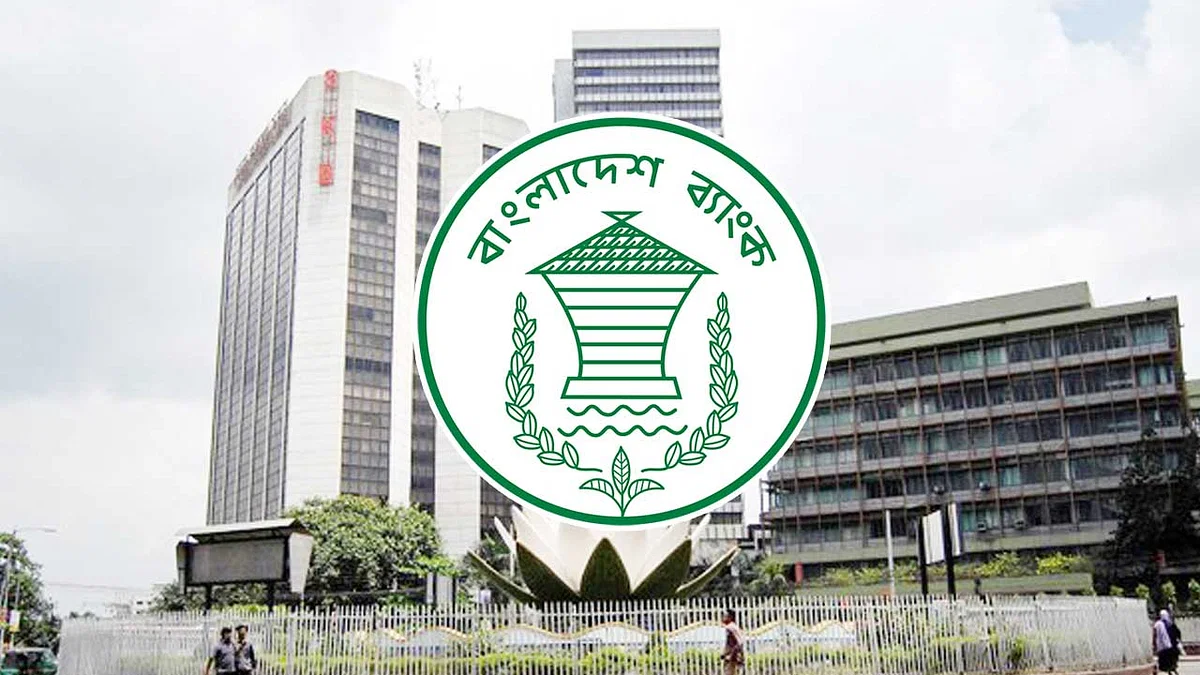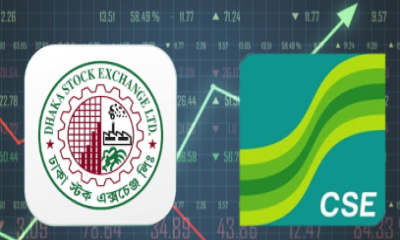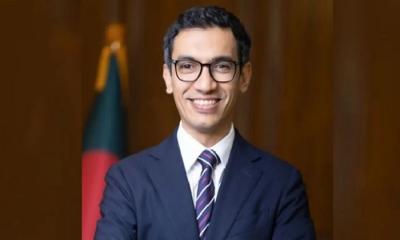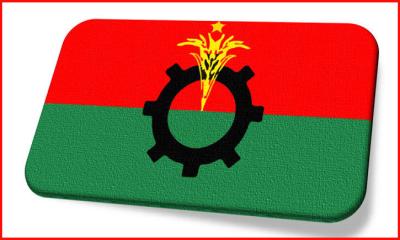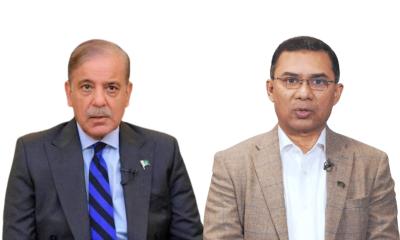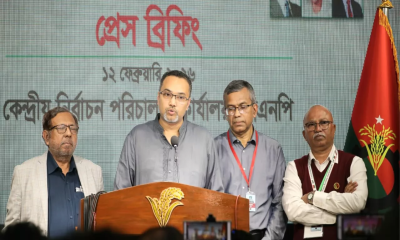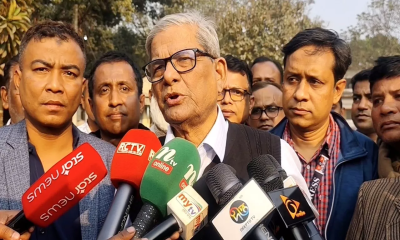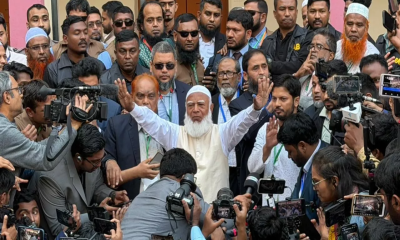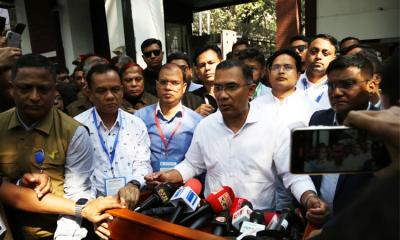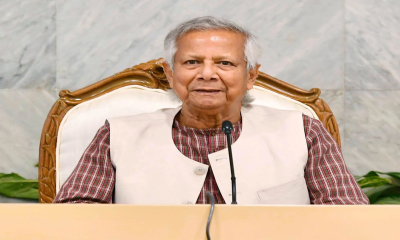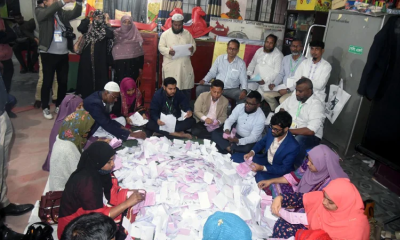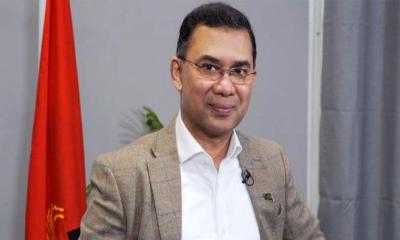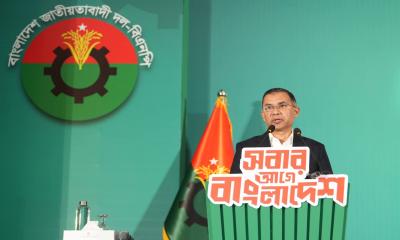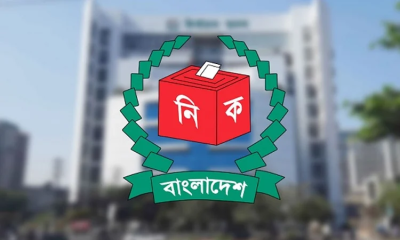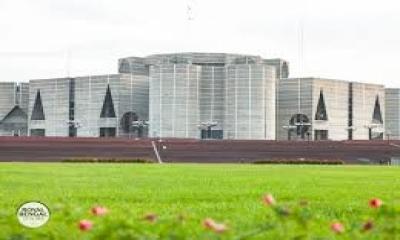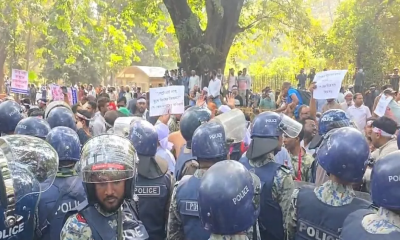Bangladesh Bank has reduced the size of its Export Development Fund (EDF) to $2.51 billion following evidence that some businesses used the fund to smuggle money abroad, the central bank confirmed.
In alignment with conditions attached to a $4.7 billion loan from the International Monetary Fund (IMF), the central bank conducted a special inspection that uncovered instances of illicit fund transfers by certain businesses. The discovery prompted Bangladesh Bank to scale down the EDF, taking into account the escalating risks of misuse.
Originally established in 1989, the EDF was intended to support Bangladeshi exporters with low-interest loans, enabling them to import raw materials under back-to-back letters of credit.
The EDF’s size was initially increased to $3.5 billion in April 2020 as an emergency response to the COVID-19 pandemic, providing support to businesses facing severe disruptions. By 2022, under the direction of then-Governor Fazle Kabir, the fund was expanded to $7 billion to stimulate economic recovery.
However, the Ukraine-Russia war in early 2022 exacerbated Bangladesh’s dollar crisis, pushing the new Governor, Abdur Rouf Talukder, to call for reductions in EDF allocations. In May 2023, the fund size was adjusted to $4.77 billion, further decreased to $4.6 billion by year-end, and stood at $3.21 billion by July 2023.
The cuts continued, with the EDF reduced to $2.91 billion by August, $2.77 billion in September, and finally, $2.51 billion on October 29, 2023.
Currently, exporters using the EDF can borrow for up to 180 days at a 4 percent interest rate. A complementary Export Facilitation Pre-Finance Fund (EFPF) also offers export financing options. However, tighter restrictions are now likely as Bangladesh Bank works to prevent fund misappropriation.


